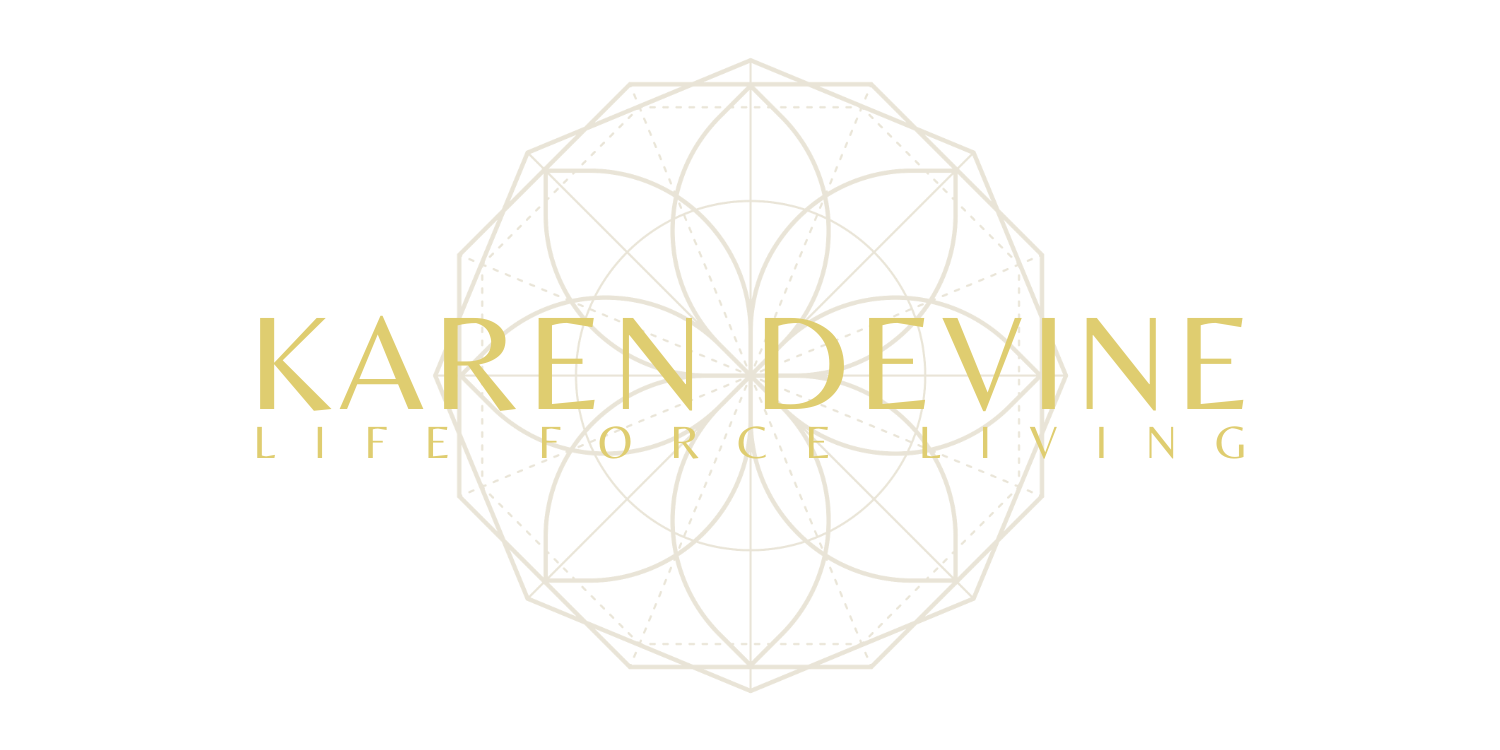LIGHT ENVIRONMENT AND OUR HEALTH
OUR LIGHT ENVIRONMENT AND OUR HEALTH
Whilst many of us focus on reducing junk food from our diets, we often overlook the detrimental effects of junk light on our health. Junk light refers to artificial blue light emitted by devices like mobile phones, computers, TV’s, LED bulbs and fluorescent lights. These light sources are unnatural and can disrupt our body’s internal processes. These lights are man made and not natural.
OUR BODY CLOCK AND LIGHT
All living beings have an internal body clock aligned with natural light cycles, known as the circadian rhythm. This rhythm is regulated by light cues, which are detected by receptors in our eyes and relayed to t he Suprachiasmatic nucleus (SCN) in the brain – a central clock that governs numerous bodily functions including :
· Hormone signaling.
· Digestion.
· Energy production.
· Blood pressure.
· Sleep cycles and more.
Natural light varies in intensity, colour, and frequency through the day, guiding the SCN to release appropriate hormones and maintain orderly biological signals. In contrast, artificial blue light provides, static, unchanging signals, leading to chaotic signaling that disrupts these processes.
CHAOTIC V ORDERLY LIGHT SIGNALS.
Orderly Signals (natural light)
Exposes the body to varying light frequencies (e.g., red, orange, yellow, green, blue, infrared, and ultraviolet).
Helps synchronize the circadian rhythm.
Supports hormonal balance, metabolism, mood, and cellular repair.
Promotes melatonin production at night for sleep, immune support, detoxification, and brain health.
Chaotic Signals (Artificial Blue Light)
Lacks the full spectrum of natural light, remaining static.
Disrupts hormonal signaling, causing imbalances, poor sleep, low energy, mood swings, cravings, and inflammation.
Prolonged exposure damages retinal cells and can even harm brain health, as research suggests.
Prolonged exposure to blue light, such as that which emanates from your phone, computer and household fixtures, could be affecting your longevity, even if it's not shining in your eyes
Sleep and Light
Poor sleep, often linked to excessive exposure to artificial light at night (ALAN), increases the risk of chronic illnesses like cardiovascular disease, diabetes, stroke, and neurodegenerative diseases.
The Role of Melatonin
Known as the "sleep hormone," melatonin is stimulated by darkness.
Peaks between 2 a.m. and 4 a.m., aiding:
Detoxification
Immune system support
Cellular regeneration
Brain clearance
Melatonin is also produced in mitochondria, serving as a potent antioxidant to prevent diseases like cancer and Alzheimer’s.
Morning light exposure triggers serotonin production (from the amino acid tryptophan), which later converts to melatonin in response to darkness, reinforcing the critical need for natural light in our daily routines!!
Strategies to Optimize Light for Health
We can all make some changes to our current light environment whilst being realistic on what we can do. In the winter months, we are surrounded by more artificial light, often being exposed to them during the day in offices or other workplaces. When we come home from work, we may have a family to organise or need to catch up with emails, go to the gym etc. But we can make some tweak that can make a huge difference.
Reduce Artificial Light at Night (ALAN)
Use Light Filters: Install software like F.lux to shift computer and phone screens to warmer colors in the evening.
Switch to Safer Lighting:
Use incandescent or orange/red light bulbs in the evening where you will spend the last couple of hours chilling before bed.
Avoid bright, white LED lights where possible, you can also consider orange tone blue light blocking glasses during the early evening.
Create a Relaxing Environment:
Use candles or firelight for natural, warm lighting – this natural light does not contain blue light.
Avoid screen time at least 1 hour before bed.
Wear Blue-Light Blocking Glasses: These glasses reduce exposure to disruptive light frequencies from our computers and phones.
Block Out Light During Sleep
Use blackout curtains or wear a sleep mask to maintain complete darkness in the bedroom.
Eliminate electronic lights by turning off devices or covering LEDs.
Maximize Morning Light Exposure
Step outside first thing in the morning, even for a few minutes, to set your circadian rhythm.
Avoid sunglasses or glasses during light exposure—natural light frequencies need to reach your eyes unfiltered.
If unable to go outside, open windows to let natural light in.
Incorporate "light breaks" during the day by stepping outdoors for 5–10 minutes.
Minimize The Use of Sunglasses
While sunglasses are essential in specific eye health conditions or when exposed to an unnatural bright glare on water, snow, when driving etc, it is important to avoid overuse as they block natural light, which is vital for circadian signaling. All too often sunglasses are worn more as a fashion piece.
Practical Tips for Winter
Morning Light Hacks:
Sip your morning tea or coffee outside or near an open window.
Open car windows or a sunroof to allow natural light in while commuting.
Take Light Breaks:
Step outside for short periods throughout the day to get "light nutrients."
Use Firelight or Candles: Embrace warm, natural lighting during evening hours to support hormonal balance.
Protect Your Evening Environment:
Switch off unnecessary lights.
Replace harsh overhead lighting with softer, red-hued lamps.
Final Thoughts
Our light environment is foundational to health, just as much as diet or exercise. By reducing "junk light" and prioritizing natural light exposure, especially in the morning, you can enhance your circadian rhythm, sleep quality, and overall well-being—even in winter.
[1] https://wexnermedical.osu.edu/blog/blue-light-and-vision
[1] https://www.sciencedaily.com/releases/2019/10/191017101253.htm
[1] https://www.health.harvard.edu/blog/shift-work-can-harm-sleep-and-health-what-helps-202302282896

